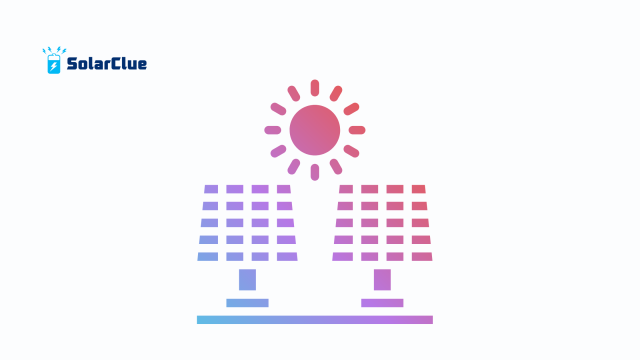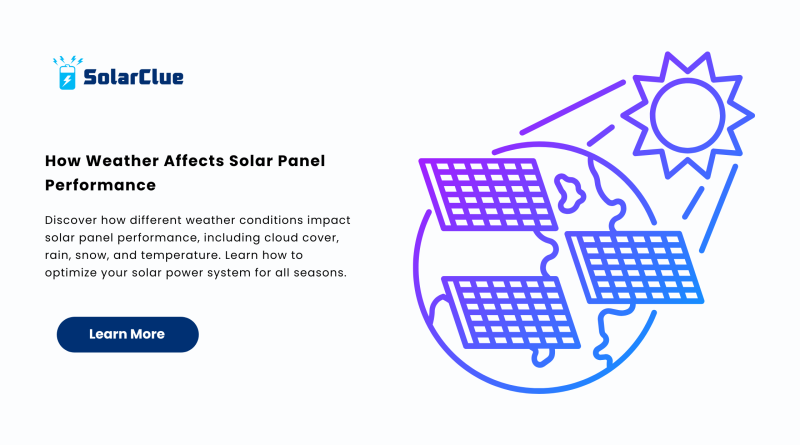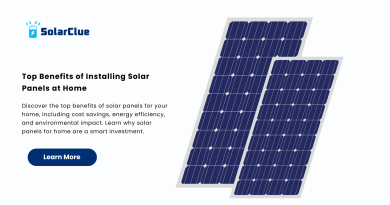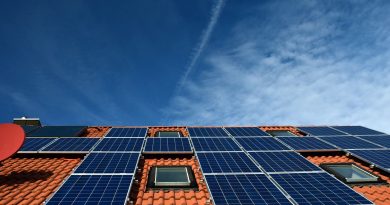How Weather Affects Solar Panel Performance
Solar panels are a smart and sustainable investment for homeowners and businesses alike. But if you’re considering installing a solar panel for home, you might wonder—how does weather impact solar panel performance? After all, weather conditions aren’t always ideal, especially in regions with varying climates. In this blog, we’ll explore how different weather patterns—like sunshine, rain, snow, clouds, and temperature changes—can influence the efficiency of your solar power system. We’ll also share some tips to help you get the most out of your investment, no matter the forecast.
Table of Contents
- 1 Does Solar Work Only on Sunny Days?
- 2 Impact of Cloudy Weather on Solar Panels
- 3 Rainy Days and Solar Panel Efficiency
- 4 Effect of Snow on Solar Panel Output
- 5 How Temperature Affects Solar Panel Performance
- 6 Wind and Solar Panels: Is There a Risk?
- 7 Hail and Storms: Should You Be Concerned?
- 8 Humidity and Solar Panels
- 9 Tips to Optimize Solar Panel Performance Year-Round
- 10 Conclusion
- 11 FAQs
Does Solar Work Only on Sunny Days?
One of the most common misconceptions is that solar panels need bright, direct sunlight all day long to function. While direct sunlight increases efficiency, solar panels can still generate electricity even on cloudy or rainy days—just at a reduced rate. Modern solar power systems are designed to absorb diffuse sunlight (sunlight scattered by clouds) and convert it into usable electricity. This means your solar panel for home can still provide power, even if the skies aren’t crystal clear.
Impact of Cloudy Weather on Solar Panels
Cloud cover can reduce solar panel efficiency by 10–25% depending on its thickness. However, solar systems often compensate for low-production days by overproducing on sunnier ones. In India, especially in cities like Bengaluru, Delhi, or Mumbai, cloudy days are common during monsoon. Still, annual sunlight averages make solar panels a worthwhile investment. Technologies like Maximum Power Point Tracking (MPPT) help optimize power output, even in partially cloudy conditions.
Rainy Days and Solar Panel Efficiency
Rain may reduce solar production during the storm, but it plays an unexpected helpful role—it cleans your solar panels. Dust, pollen, bird droppings, and debris can lower your panel’s efficiency. A natural rain rinse helps keep panels clean and functioning well. So while rainy days reduce sunlight, they help maintain panel performance in the long run. That’s an added bonus for your solar power system during India’s monsoon season.
Effect of Snow on Solar Panel Output
In regions with snowfall, you might think snow would completely block solar energy production. However, snow can be less of a problem than it appears. First, light snow usually slides off due to the smooth, angled surface of most solar panels. Second, snow reflects sunlight, which can enhance solar output through a phenomenon called the albedo effect. Plus, panels continue to generate heat when exposed to light, helping melt snow quickly.
How Temperature Affects Solar Panel Performance
Interestingly, solar panels perform better in cooler temperatures. They convert sunlight—not heat—into electricity. When the temperature rises beyond 25°C (77°F), solar panel efficiency can decline slightly. This means that in scorching summers, especially in places like Rajasthan or Telangana, solar panel for home setups might lose a few percentage points of efficiency. But because summer also brings longer days and more sunlight hours, the total energy produced often remains high.
Wind and Solar Panels: Is There a Risk?
Wind doesn’t affect solar energy production directly, but strong gusts can impact panel durability. A professionally installed solar panel for home system is designed to withstand typical wind speeds. In coastal areas or storm-prone zones, it’s essential to use robust mounting structures and get your installation done by certified professionals. A good solar power system provider will ensure your panels are securely fixed and compliant with local wind load standards.

Hail and Storms: Should You Be Concerned?
Modern solar panels are tested to endure hail up to 25–35 mm in diameter. While extreme weather events may pose a risk, damages are rare and often covered under solar warranties or insurance policies. If you’re in a hail-prone region, consider investing in panels with a higher impact resistance rating.
Humidity and Solar Panels
High humidity levels can lead to corrosion if panels and mounting hardware aren’t high quality. For coastal and tropical regions in India, like Chennai or Goa, it’s important to install solar panels with anodized aluminum frames and weather-resistant sealing. Investing in top-quality panels and components ensures longevity despite moist conditions.
Tips to Optimize Solar Panel Performance Year-Round
-
Regular maintenance: Clean your panels every few months or after heavy dust storms
-
Professional installation: Ensure proper tilt angle and orientation for optimal sun exposure
-
Use monitoring systems: Track real-time performance and detect issues early
-
Battery backup: Store excess energy to use during cloudy or night hours
-
Net metering: Sell extra electricity back to the grid, compensating for low-production days
Conclusion
Weather undeniably affects solar panel performance, but not to the extent that it undermines the benefits of a solar power system. With the right setup, maintenance, and knowledge, your solar panel for home can generate reliable and eco-friendly energy all year round. From cloudy skies to scorching sun, solar panels continue to prove their value across diverse climates. So don’t let a few clouds stop you from going solar—plan smart, install right, and enjoy long-term savings.
Want to know which solar system suits your home best? Visit solarclue.com or explore insights at blog.solarclue.com to start your solar journey today!
FAQs
1. Can solar panels work in rainy season in India?
Yes, solar panels work in the rainy season by absorbing diffuse sunlight, though at a slightly reduced output. Rain also helps clean panels, improving performance over time.
2. Do solar panels work in winter?
Absolutely. In fact, solar panels are more efficient in cooler temperatures. Even if days are shorter, they still generate electricity when exposed to light.
3. How much energy is lost on a cloudy day?
Typically, solar panel output drops by 10–25% depending on cloud density, but modern technology helps mitigate this loss.
4. Will snow damage solar panels?
No. Most solar panels are built to withstand snow and are designed to let snow slide off quickly due to their tilt and smooth surface.
5. What’s the best weather for solar panels?
Clear, cool, sunny days are ideal. However, solar panels are designed to operate efficiently in a range of weather conditions, including partial cloud and moderate rain.




